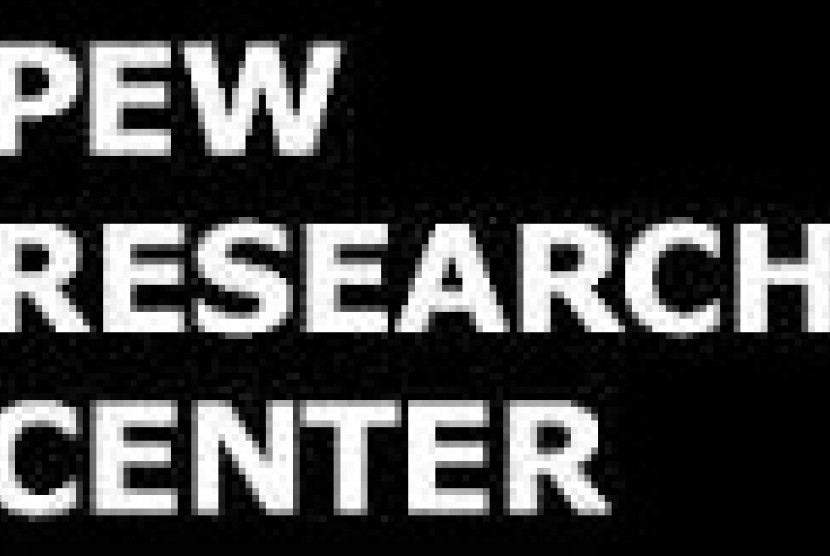REPUBLIKA.CO.ID, WASHINGTON -- The political middle ground is shrinking and the partisan gulf in Washington -- and the rest of America -- is getting wider, according to extensive findings unveiled Thursday by Pew Research Center.
Growing ideological uniformity on both sides is leading an increasing number of Americans to see followers of the other party as a "threat to the nation's well-being," the report said.
Dislike of people on the opposite side of the political spectrum has grown, Pew said, with about one third of far-right and far-left Americans saying they would be unhappy if an immediate family member married someone of a different ideological persuasion.
The study tracks "a rising tide of mutual antipathy." While 16 percent of consistent Democrats saw Republicans as "very unfavorable" in 1994, that figure has risen to 38 percent today, while consistent Republicans' similar views of Democrats have soared, from 17 percent in 1994 to 43 percent today.
"The overall share of Americans who express consistently conservative or consistently liberal opinions has doubled over the past two decades, from 10 percent to 21 percent," Pew said in its 121-page report, "Political Polarization in the American Public," which surveyed more than 10,000 adults nationwide.
And while voters with uniformly conservative or uniformly liberal views do not make up the majority of Americans, the most ideologically oriented participate more deeply in every stage of the political process than those in the political center.
It found that in an age of Washington gridlock and heightened frustration with Congress, the most politically polarized Americans are most active in political life, "whether primary voting, writing letters to officials, volunteering for or donating to a campaign."
Ideological Americans on both sides, although more so among Republican conservatives, find it increasingly important to live in a place where neighbors share their political views, or to have close friends share such views.
Such echo-chamber logic is seen as helping to contribute to the conventional wisdom that there are fewer competitive districts in the House of Representatives.
The preferences for the types of communities in which Americans wish to live offer examples of the deep divide.
Three quarters of consistent conservatives say they would opt to live in a community where "the houses are larger and farther apart, but schools, stores and restaurants are several miles away," the study said. Consistent liberals are virtually the opposite, with 77 percent preferring smaller houses closer to amenities.
"Conservatives prefer suburban McMansions while liberals like urban enclaves," Pew said.
When it comes to compromise, the politically polarized are less inclined than most Americans to accept it.
The study found that, on major issues facing the nation, only about one third of consistent liberals and consistent conservatives felt that Obama's priorities and Republicans priorities should be achieved in a 50-50 split.


